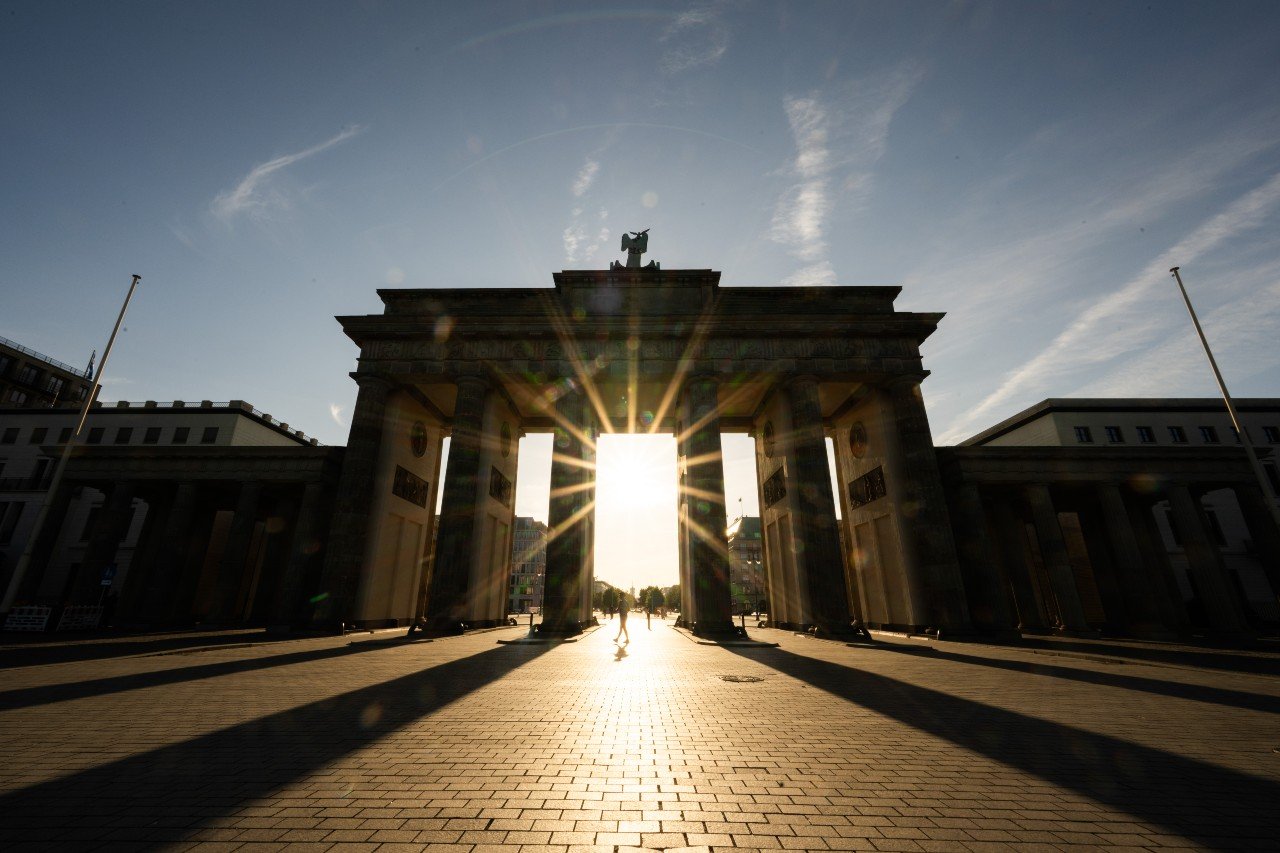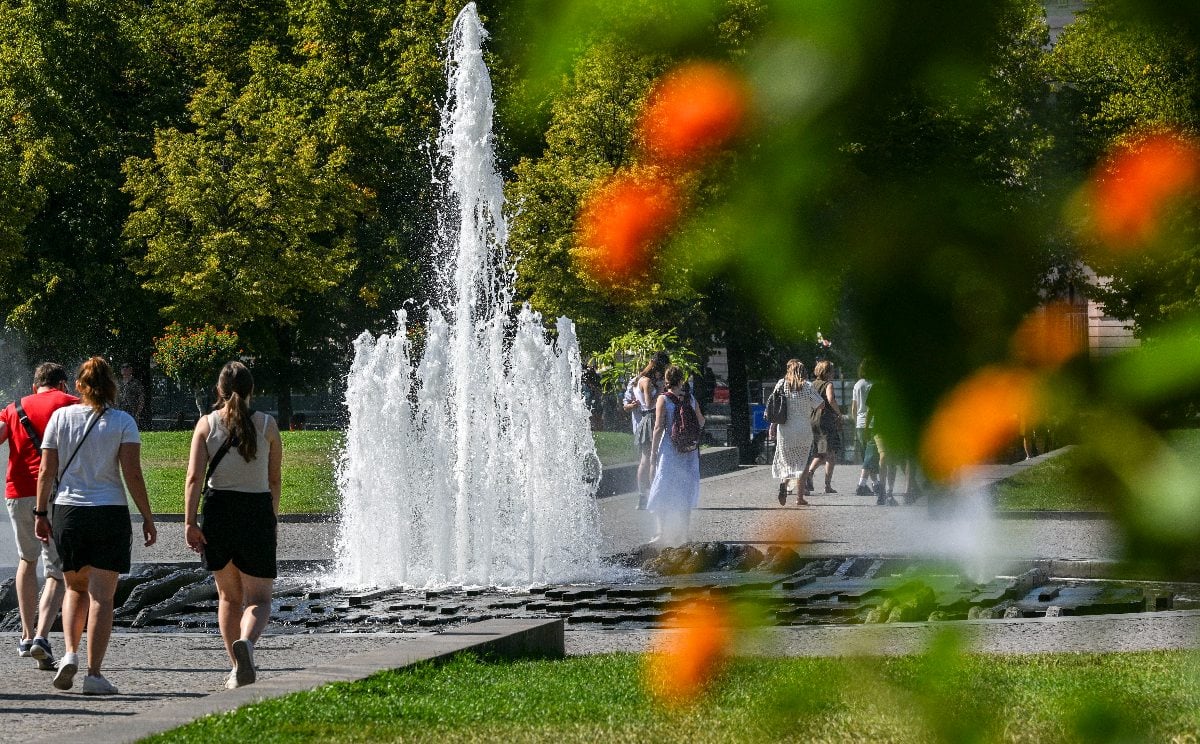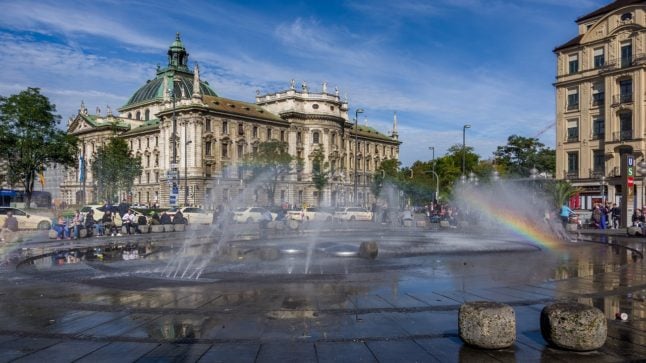It is home to an estimated 3.8 million people and yet, Berlin can’t quite get rid of its “capital of loneliness” reputation.
The German capital is renowned for its cosmopolitan side, attracting people from all over the world. The city is subject to a constant growth of its population, with a 10 percent rise since 2010. But many new arrivals acknowledge the difficulties involved in making true and long-lasting friends.
In surveys by InterNations, Germany has ranked among the worst countries for foreigners to settle in, with the country scoring particularly badly in categories such as making friends and local friendliness. On the other hand, Berlin has a lot of great things going for it, such as the cultural scene, diversity and green spaces. It was even ranked as the third happiest city in the world, according to the “Happy City Index 2024”.
READ ALSO: Foreigners in Germany among the ‘unhappiest and loneliest worldwide’
So is Berlin a city for passing through or can it be a place where people can settle and make real connections? Opinions vary, depending on the reasons for coming in the first place, but also on age, nationality and distance from home. However, the difficulty of forging long-term relationships and friendships is a common part of the experience shared by many internationals.
Astra, who’s almost 40 and came to Berlin from the US in 2018, says she experiences loneliness due the nature of her job as a freelance photographer and musician.
“I don’t have a natural way of meeting people through my work,” she tells The Local. “I have the ability to be flexible time-wise and reach out to people but it all depends on me, on my self-motivation in order to move forward, which is both a great and a horrible thing.”
Astra added that because there are so many possibilities and people in Berlin, at times “people get paralysed and unmotivated to do anything in the end”.

Lorène, a French student aged 23, said the transient nature of places like Berlin means friendships end up being more superficial.
“I find myself sometimes over solicited or overstimulated by the cultural, festive and social richness of Berlin; and at the same time, subject to a feeling of loneliness that I’ve never felt before.” she says. “My guess is that this may be due to moving countries a lot, which doesn’t necessarily allow you to develop deep bonds and therefore (connections) remain more superficial.”
After living for a few years in Ireland, Adélaïde, 31, also French, moved to Berlin five years ago. She admits it can be difficult finding friends as you get older. “The older you get, the less energy you have to meet people,” she says. “I deal with loneliness as best I can but I’m pretty tired.”
Like many other Berlin residents, Adélaïde struggled to find a flat to settle in – and had to move flats six times over two years. This made it difficult to find some sense of belonging and stability, adding to her exhaustion.
“I’ve put myself out there to meet people in the last few years, but I find that here they don’t reach out to each other very much,” she says. “I think this place has drained all my energy and social skills.”
Rite of passage or forever home?
There is the common theme of people being unsure about whether they’re going to stay and establish themselves in Berlin, or if they’re just enjoying the ‘rite of passage’.
Berlin’s reputation as a place where you can party for days and express yourself anyway you want makes it a draw for people to tick off from their bucket list. But when the partying days come to an end, some of those people simply don’t see themselves staying for career, relationships or other reasons. This can make it difficult for the people who have chosen to stay and build a life.
“I have seen people arriving… and leaving again,” said one social media user on Reddit. “A lot of people also don’t know how long they’re going to stay in Berlin. When you want to build long-lasting relationships, that’s complicated. But is it related to Berlin specifically or any other big city?”

For many foreign residents, the bureaucracy overload associated with Germany in general also remains a crucial issue in the integration process and can add to the loneliness factor.
“All the bureaucracy sometimes makes me feel like this is not really my home,” says Kate, 32, from New Zealand. “Germany doesn’t feel like a very welcoming place for immigrants because of all the hoops you have to jump through like the difficulties of getting a visa.
“Lots of issues immigrants go through contribute to their loneliness, like finding a job, finding a permanent flat. Also, people stick to their own suburbs, and every time I moved, I would stop seeing those people I had met in a particular neighbourhood.”
Then there are global factors. Some mention the effects of the Covid pandemic, like Prithivi, 28, from South India, who arrived in Berlin in 2018 to do his Masters.
“I had people from 40 countries in my class,” he says. “We graduated, but then Covid happened. Slowly, I lost touch with those friends as they moved to different cities. Today, still, not having something stable is haunting, because of people constantly moving and the size of the city.
“But I still enjoy Berlin for everything it has to offer, so maybe loneliness is something you have to go through to enjoy the city.”
‘Extremely open’
For some people, though, Berlin is a city where deep connections can be made.
Sandrine, 48, who’s from France, says: “The city itself is extremely open, with a great deal of freedom and very little judgement, and a great deal of acceptance. There are a lot of foreigners and Germans from other cities who come here to make a fresh start, and I personally find that this creates a fertile breeding ground for new encounters.”
While the topic divides people, a lot agree that Berlin can feel more lonely in the long winter months. But foreign residents recommend taking action like learning the language, attending meet ups or joining other community groups or sports teams.
READ ALSO: Eight rules for making friends in Germany
Sandrine, an empowerment coach, believes that it’s also a matter of mindset and how you approach the city.
“There are so many opportunities, activities and possibilities,” she says. “Making connections happened quite organically without me having to force it, even though I arrived here speaking the language badly, and without the ‘classic’ opportunities – I was working full time remotely, I didn’t have any children, nor an existing group of friends who could have introduced me to people.”



 Please whitelist us to continue reading.
Please whitelist us to continue reading.
Member comments